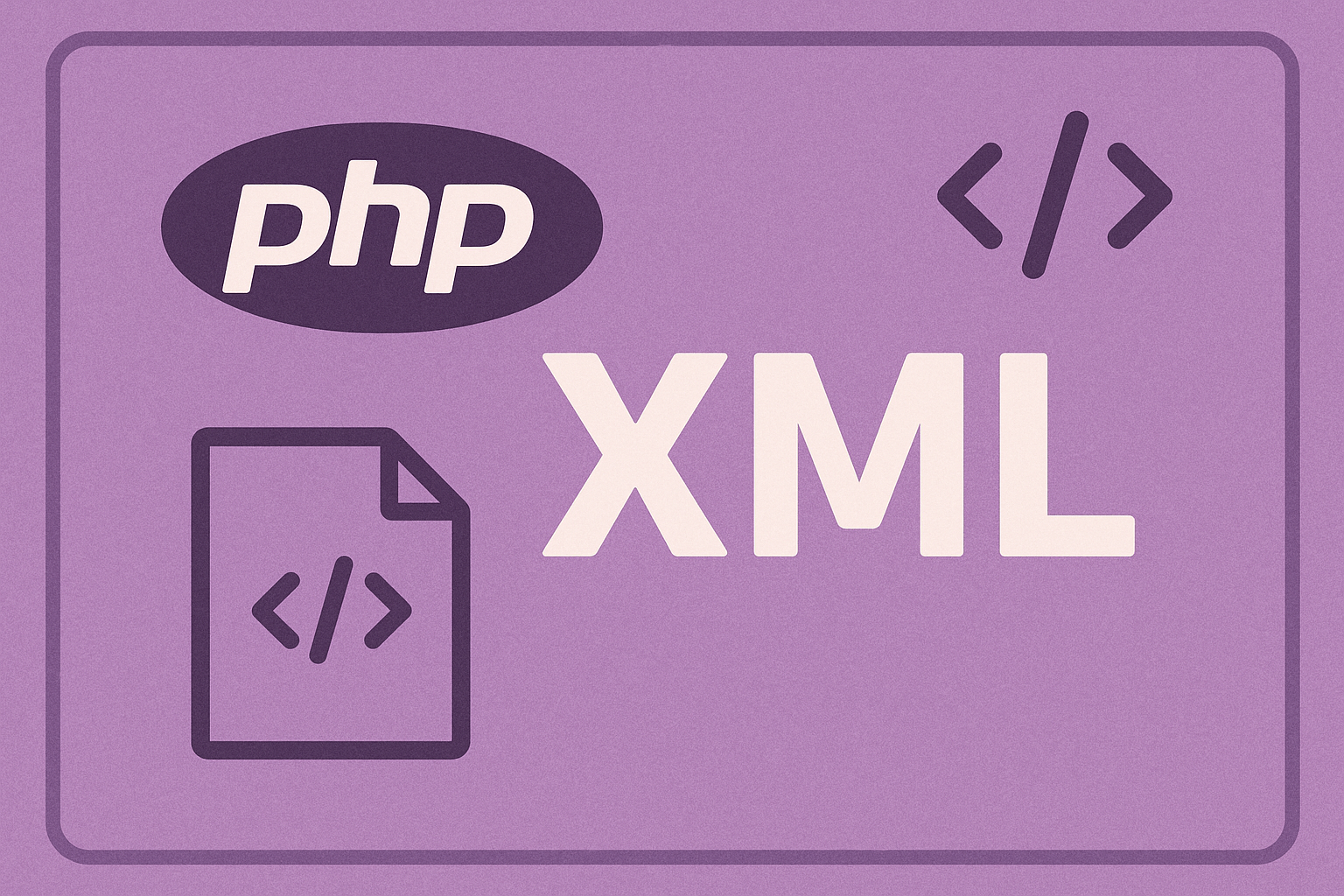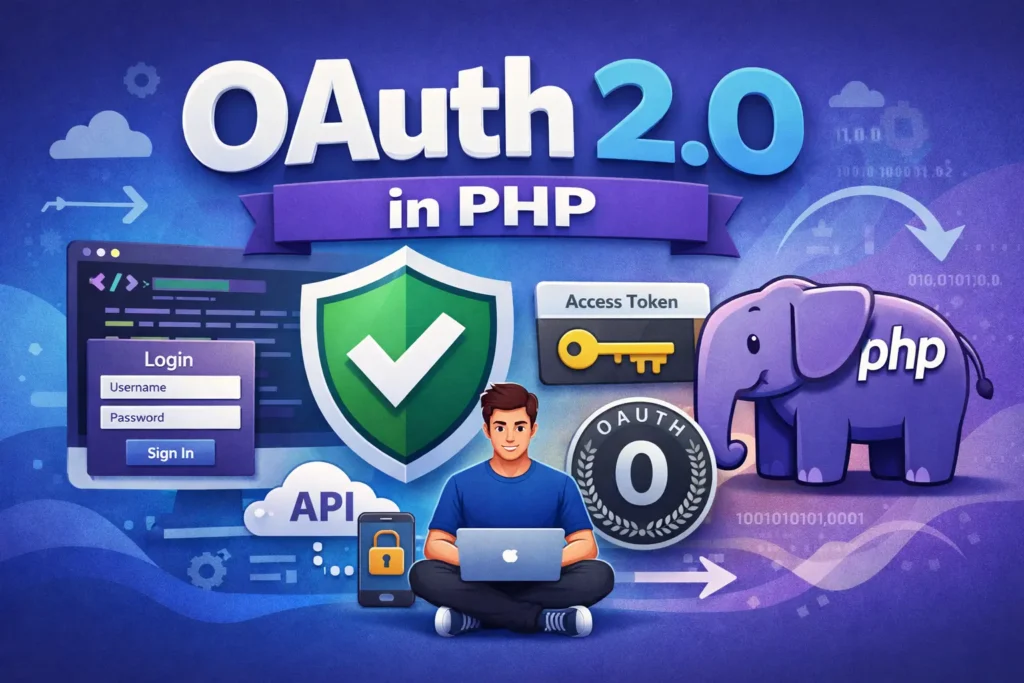
Hello and welcome to our blog post about PHP XML! Today, we’re going to explore the exciting world of XML and how PHP can help us work with this data format.
Table of Contents
PHP is a powerful tool for working with XML data. It provides a range of functions for reading and manipulating XML data, and it can be used with both SimpleXML and DOM. Whether you are working with XML files or generating XML data dynamically, PHP provides the tools you need to get the job done.
What is XML?
XML stands for Extensible Markup Language. It is a markup language that is used to store and transport data. XML is similar to HTML, but it is designed to be more flexible and customizable. XML is often used to represent data in a structured way so that it can be easily shared between different applications and platforms.
What is PHP?
PHP is a server-side scripting language that is used for web development. It is an open-source language that is widely used for creating dynamic web pages. It is easy to learn and has a large community of developers who have created many resources and tools to help you get started. PHP is designed to work with a variety of different databases and platforms, making it a versatile and flexible choice for web development.
Why Use PHP XML Together?
PHP and XML are a powerful combination that can help you create dynamic, data-driven web applications. XML is a great way to store and transport data in a structured way, while PHP is ideal for manipulating and processing that data.
One of the biggest advantages of using PHP XML together is its versatility. With PHP, you can read and write XML data from files or streams, parse XML data to extract specific information, and even create XML documents dynamically. This makes it easy to work with different XML data sources, whether they are local files, remote APIs, or data from other web applications.
Another advantage is the flexibility that PHP XML offers. Because XML is a flexible format, it can be used to represent almost any type of data. And with PHP’s powerful processing capabilities, you can easily extract and manipulate the data you need to create dynamic, custom web applications.
In addition, PHP XML is an open-source technology with a large and active community. This means there are plenty of resources, libraries, and tools available to help you work with PHP XML effectively.
Working with XML in PHP
PHP provides a number of functions for working with XML data. The most commonly used functions are:
- simplexml_load_file(): This function is used to load an XML file and convert it into a PHP object.
- simplexml_load_string(): This function is used to convert an XML string into a PHP object.
- simplexml_import_dom(): This function is used to convert a DOM object into a SimpleXML object.
- xml_parser_create(): This function is used to create a new XML parser.
- xml_parse_into_struct(): This function is used to parse an XML document into an array of data structures.
- xml_set_element_handler(): This function is used to register callback functions for the start and end of XML elements.
These functions can be used to read and manipulate XML data in PHP. For example, we can use the simplexml_load_file() function to load an XML file and then access its elements and attributes using object properties.
$xml = simplexml_load_file('example.xml');
// Access element values
echo $xml->title;
echo $xml->description;
// Access attribute values
echo $xml->item[0]['id'];
echo $xml->item[1]['id'];
We can also use the DOM functions in PHP to create and manipulate XML data. The DOM functions provide a more powerful and flexible way to work with XML data, but they can be more complex to use.
// Create a new XML document
$dom = new DOMDocument();
// Create the root element
$root = $dom->createElement('root');
$dom->appendChild($root);
// Create a new element and add it to the root
$child = $dom->createElement('child', 'Hello World!');
$root->appendChild($child);
// Output the XML
echo $dom->saveXML();
So, there you have it! PHP XML is a dynamic duo that can help you work with and manipulate XML data. Whether you’re working with XML files or generating XML data dynamically, PHP has got you covered. I hope this article helps!


